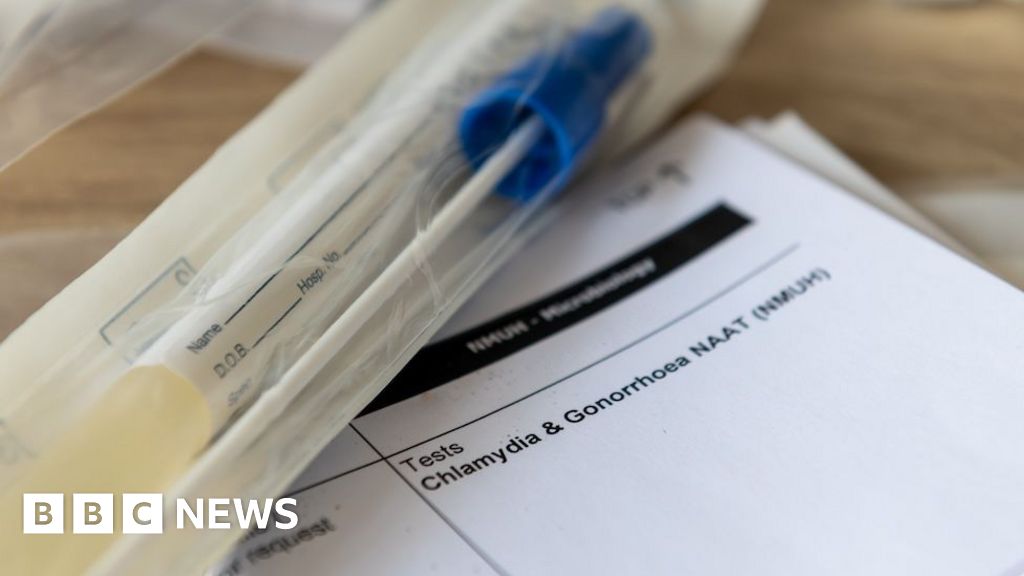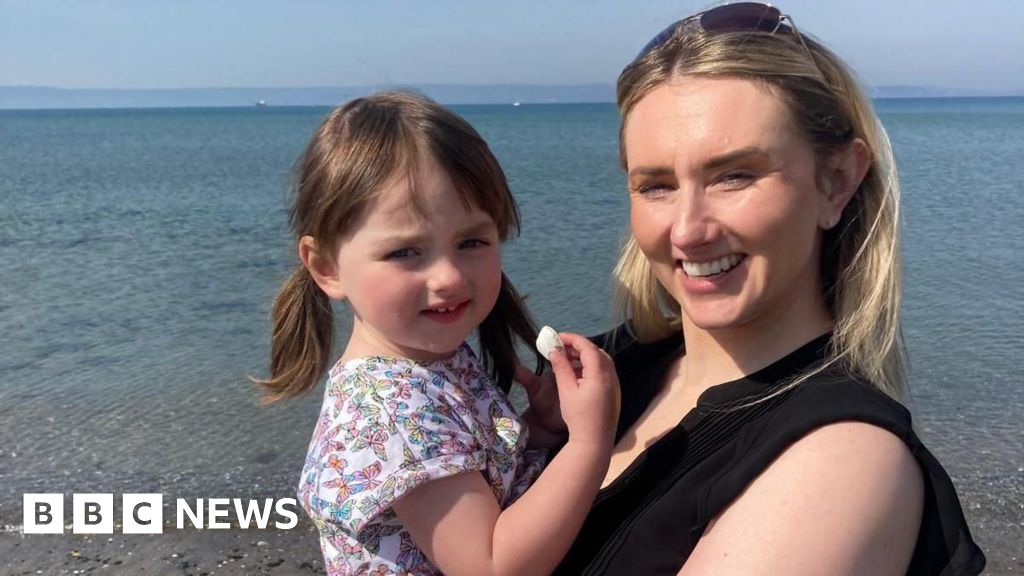ARTICLE AD BOX
By Nick Triggle
Health correspondent
Leading experts in child health have said it is time to be reassured about the risk of "long Covid" in children.
The team of researchers, led by the Great Ormond Street Institute of Child Health, said the prevalence of persistent symptoms was much lower than many had feared after conducting the world's biggest study into the issue.
It suggested out of over 200,000 positive cases among 11 to 17-year-olds from September to March, the numbers experiencing symptoms 15 weeks later was somewhere between 4,000 and 32,000.
The researchers said it was important that children with persistent symptoms, which included headaches, tiredness and breathing difficulties, got support.
But there was little evidence that it was leaving them so debilitated that they were being left bedridden or could not go to school.
Why is this study so important?
This is the biggest study of its kind in the world.
It has been carried out by some of the country's leading experts in child health, including Prof Sir Terence Stephenson, from the Great Ormond Street Institute of Child Health, and Dr Liz Whittaker, the Royal College of Paediatrics and Child Health lead on infectious disease, as well as officials from Public Health England.
It asked every 11- to 17-year-old who tested positive over the seven-month period about long-term symptoms.
But as well as asking them, it also asked young people who had never tested positive to establish how common symptoms were in the general population.
This is important as it helps to establish to tease out to what extent the symptoms may be being caused by Covid rather than just other illnesses and factors.
What did it find?
High numbers of children from both the positive , 65%, and negative groups, 53%, reported at least one symptom 15 weeks later.
Bigger differences were noticed when only those with multiple symptoms were included.
Some 30% of those who tested positive had three or more symptoms among those who tested positive, compared to 16% of those who were negative.
By taking into account the fact that 16% of the general population have symptoms this enabled the researchers to conclude that 14% of those who have Covid may have persistent symptoms that last 15 weeks that are linked to the virus.
That would equate to about 32,000 cases of long Covid over this period out of more than 200,000 infections
Why it may not be that bad
But that is very much being seen as the worst-case scenario. While the team asked all those who tested positive during the period to take part, only 13% did.
The researchers said it was possible those with continuing problems were more likely to take part.
So if you assume all those who did not take part did not have continuing problems, the numbers with three or more symptoms after infection would be about 4,000 of long Covid in the best-case scenario.
There was not detailed information on how debilitating the symptoms were.
But the researchers said there was no evidence there were huge numbers seeking NHS help for symptoms that left them bedridden or unable to go to school.
The research team will follow up the children in the coming months to see how long the symptoms last.
Lead researcher Prof Stephenson he was "reassured" the numbers were "nowhere near as high" as some were warning at the height of the pandemic - there were suggesting half of children could get Long Covid.
But he said the numbers were "not trivial" and the issue needed to be taken seriously.
Could mental health impact of pandemic be factor?
The study was also able to provide some insight into how the stress and strain of the pandemic and existing health may be playing a role.
Those taking part were asked about their emotional health and physical health.
Older girls with poorer physical and mental health were the group most likely to report ongoing symptoms.
Overall four in 10 of everyone who took part in the study reported feeling sad, worried or unhappy.
Researchers said it was clear the pandemic had had a damaging effect on young people because of the closure of schools, not seeing their friends and concern about the risk from the virus.
They said those who were struggling emotionally and mentally could be more attuned to even minor physical illnesses and acknowledged a positive Covid test could help trigger that.
Dr Whittaker said the evidence on how mental health had been impacted showed how important it was to get "back to normal" and have schools open.

 3 years ago
67
3 years ago
67








 English (US) ·
English (US) ·